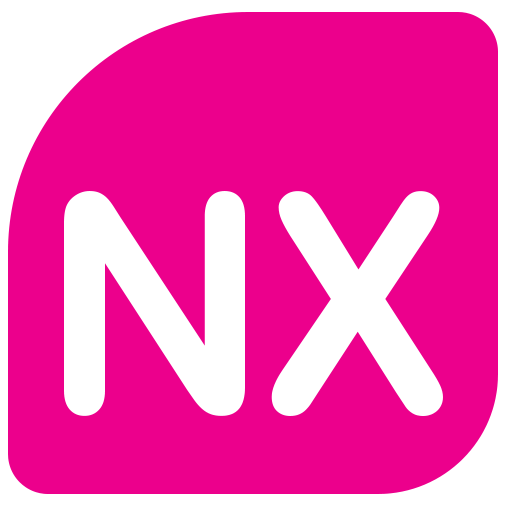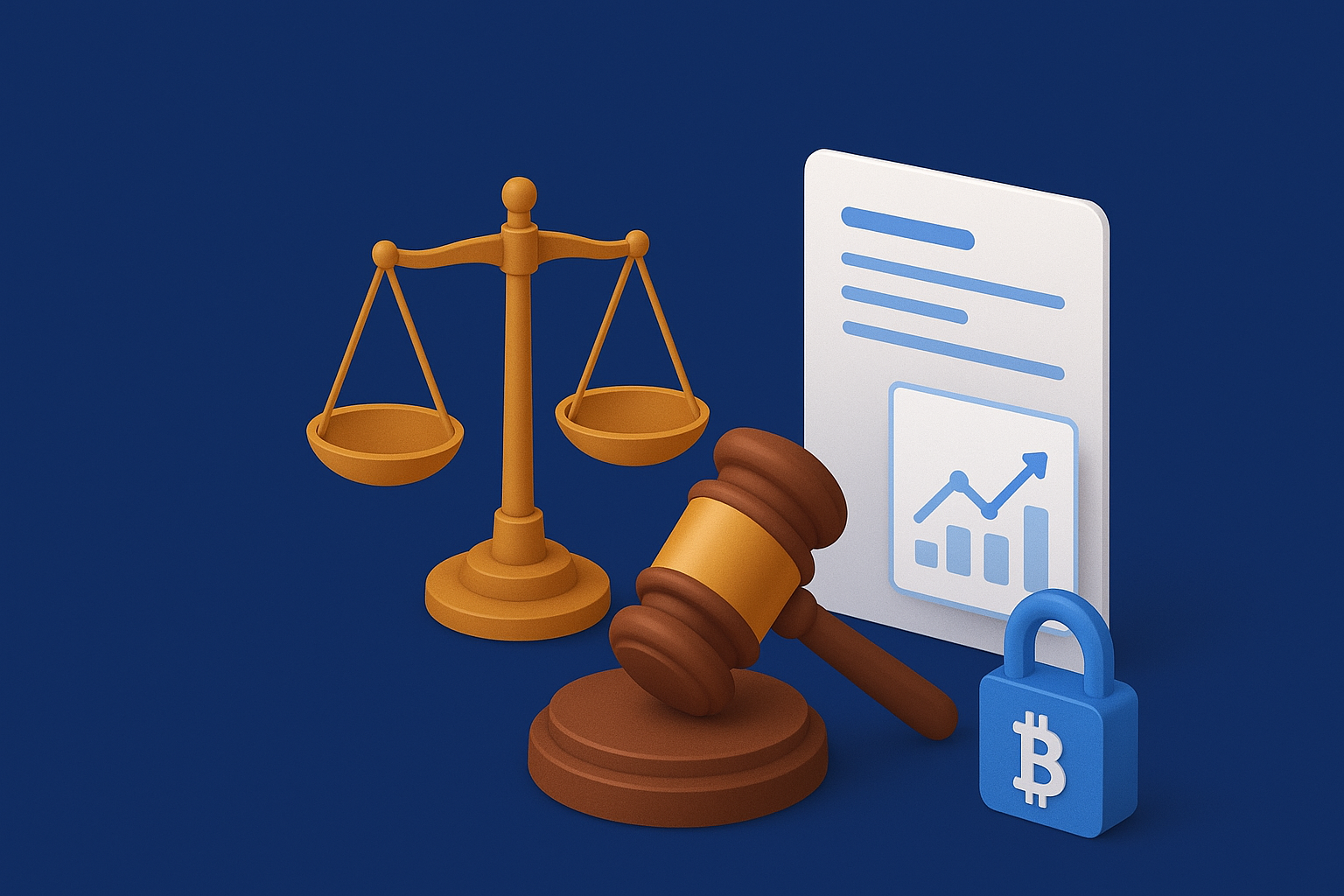Running a High-Yield Investment Program (HYIP) can be profitable, but without compliance, it can quickly become risky. Understanding the legal requirements for HYIP businesses is critical for building a sustainable and trustworthy platform. This guide walks you through the compliance essentials, from licensing and regulations to investor protection strategies.
Why Legal Compliance Matters in HYIP
Operating an HYIP without legal safeguards exposes you to regulatory risks, potential lawsuits, and loss of investor trust. Compliance not only protects your business but also reassures users that they are investing in a legitimate platform.
Legal Requirements for HYIP Businesses: Licensing & Registration
The first step toward compliance is obtaining the proper licenses. Depending on your jurisdiction, HYIP businesses may fall under financial services or investment categories. Registering your company, securing an investment license, and maintaining transparent documentation are critical for long-term operations.
Key requirements include:
-
Registering as an investment company (where applicable).
-
Following anti-money laundering (AML) and Know Your Customer (KYC) rules.
-
Filing annual financial reports to regulatory authorities.
Compliance with AML and KYC Regulations
Governments worldwide are tightening regulations around financial platforms. For HYIP operators, following AML and KYC laws is non-negotiable.
-
AML: Prevents illegal financial activity like money laundering.
-
KYC: Ensures you know who your investors are by verifying identity.
By implementing strict AML/KYC policies, you safeguard both your business and your investors.
Investor Protection and Transparency
Legal compliance also requires ensuring transparency in communication. HYIP platforms must:
-
Provide clear terms and conditions.
-
Publish accurate investment return expectations.
-
Disclose risks to avoid misleading investors.
When investors feel protected and informed, your HYIP earns credibility.
Taxation Requirements
Another key legal requirement is taxation. HYIP businesses must declare income, report investor returns, and pay corporate taxes based on jurisdiction. Failure to comply can lead to audits and penalties.
Cybersecurity Regulations for HYIP Platforms
In today’s digital environment, regulations also demand strong data and financial protection. HYIP platforms should implement:
-
SSL encryption.
-
Secure payment gateways.
-
Regular audits to comply with data protection laws like GDPR.
Choosing the Right Jurisdiction for Your HYIP
The country where you establish your HYIP business greatly influences compliance. Some regions offer friendly investment regulations, while others impose strict financial oversight. Popular HYIP jurisdictions include:
-
The UK
-
Estonia
-
Singapore
-
Offshore financial hubs like Belize
Always consult a legal expert before choosing your jurisdiction.
Building Trust Through Legal Compliance
Ultimately, the legal requirements for HYIP businesses serve as the foundation of investor trust. By securing licenses, adhering to regulations, and providing transparent communication, your HYIP can grow confidently while avoiding legal pitfalls.
Conclusion
The success of your HYIP depends not only on returns but also on compliance. By following the legal requirements for HYIP businesses, you build a platform that is both profitable and sustainable. Legal protection ensures long-term growth while keeping investors safe.

